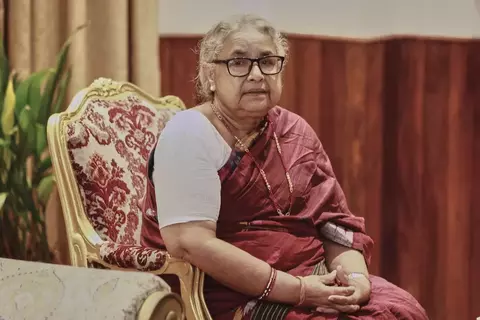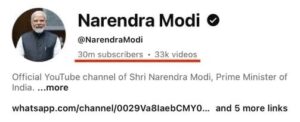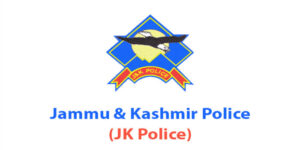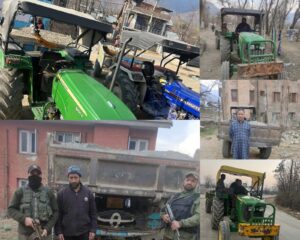Sushila Karki Becomes Nepal’s First Female Prime Minister After Week of Deadly Protests

In a historic political shift, Nepal has appointed Sushila Karki, former Chief Justice of the Supreme Court, as the country’s first female prime minister. She was sworn in on Friday to head an interim government after a week of violent unrest that left at least 51 people dead and more than 1,300 injured.
The turmoil erupted after the outgoing government imposed a controversial ban on 26 social media platforms, including Facebook, WhatsApp, and YouTube. Although the ban was later lifted, it sparked a wave of Gen-Z-led protests across Kathmandu and other major cities. Demonstrators voiced wider frustrations over corruption, nepotism, and unemployment, ultimately storming and torching the federal parliament building in one of the gravest political crises since the abolition of the monarchy in 2008.
Karki’s nomination came through an unusual process: youth protest leaders, who coordinated through Discord servers, ran internal digital polls in which over 100,000 citizens participated. Karki emerged as the top choice, seen as a symbol of integrity and accountability due to her strong anti-corruption record during her time as Nepal’s first female chief justice. Following her appointment, President Ram Chandra Paudel dissolved parliament and announced fresh elections for March 5, 2026.
While calm has begun to return to Kathmandu, with shops reopening and traffic resuming, the military remains deployed in key areas. Analysts say Karki faces an uphill task in restoring stability, addressing the grievances of young protesters, and ensuring that the upcoming elections are transparent and credible. Her rise has been welcomed as a breakthrough moment for gender representation and reform, though questions remain about the constitutional precedent of elevating a former Supreme Court justice to the prime minister’s office.





